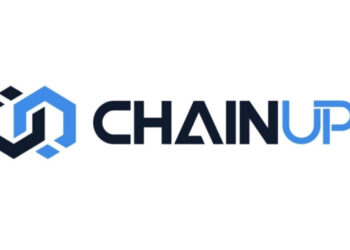Ethereum co-founder Vitalik Buterin has addressed growing calls within the Ethereum community for the Ethereum Foundation to stake its Ether (ETH) holdings instead of selling them to cover expenses.
He acknowledged that while staking could generate interest, significant concerns complicate the decision.
Buterin discussed the foundation’s concerns regarding staking, highlighting two key issues: regulatory risks and potential complications during divisive hard forks. He noted that while regulatory challenges have decreased, staking could compromise the foundation’s neutrality during network upgrades. Despite these risks, the foundation is committed to finding a balanced approach that supports the ecosystem while addressing operational needs.
The concerns historically were (1) regulatory, (2) if EF stakes ourselves, this de-facto forces us to take a position on any future contentious hard fork.
(1) is less than before, (2) remains. There’s definitely ways to minimize (2), and we’re recently been exploring them.
— vitalik.eth (@VitalikButerin) January 20, 2025
Josh Stark from the Ethereum Foundation also discussed the organization’s operations. He explained that the foundation utilizes the Ethereum mainnet to exchange ETH for stablecoins, pay contributors, and handle on-chain payments for events such as Devcon and Devconnect. Payments are conducted on both the Ethereum mainnet and its layer-2 networks.
the EF uses Ethereum all the time, for instance to (1) swap ETH for stables (usually @CoWSwap) and (2) to pay people (grantees, team members) in stables and ETH, on mainnet and L2s. Events we run (like Devcon and Devconnect) take onchain payments and use onchain ID for tickets.
— Josh Stark (@0xstark) January 20, 2025
This sparked a debate within the Ethereum community, with prominent figures proposing alternatives. Anthony Sassano, host of The Daily Gwei, suggested staking part of the foundation’s ETH holdings and using the staking rewards for funding. He also mentioned borrowing stablecoins through DeFi protocols like Aave as a riskier but potentially more advantageous option than selling ETH outright.
Some community voices, like DCinvestor, suggested the foundation use DeFi protocols such as Aave to stake or borrow against ETH for budget management. Eric Conner, co-author of an Ethereum Improvement Proposal (EIP-1559), criticized the foundation’s current financial strategy as “insane,” advocating instead for staking ETH as a more sustainable solution and condemning the practice of “dumping ETH.”
In addition to these discussions, Buterin revealed that the Ethereum Foundation is undergoing significant leadership changes. This restructuring process, which has been in the works for nearly a year, includes implemented changes that have already been made public and ongoing adjustments yet to be finalized.
If you want to read more news articles like this, visit DeFi Planet and follow us on Twitter, LinkedIn, Facebook, Instagram, and CoinMarketCap Community.
“Take control of your crypto portfolio with MARKETS PRO, DeFi Planet’s suite of analytics tools.”





















